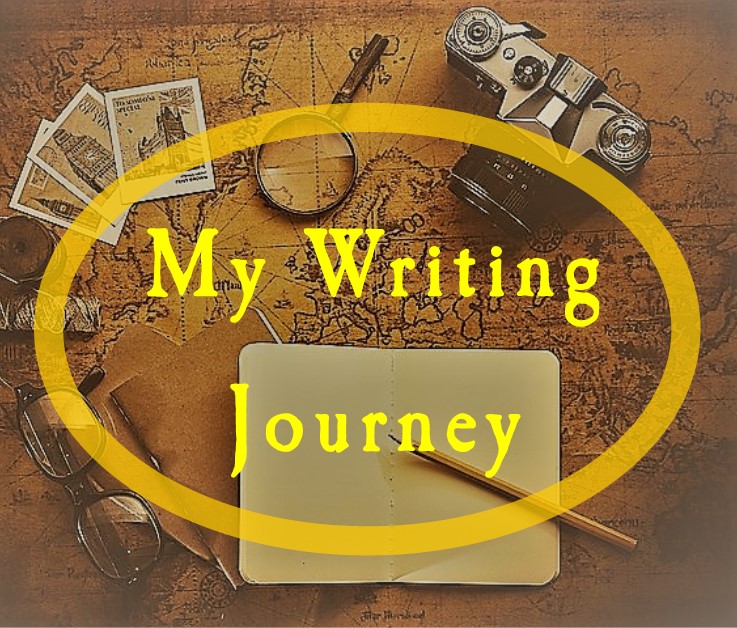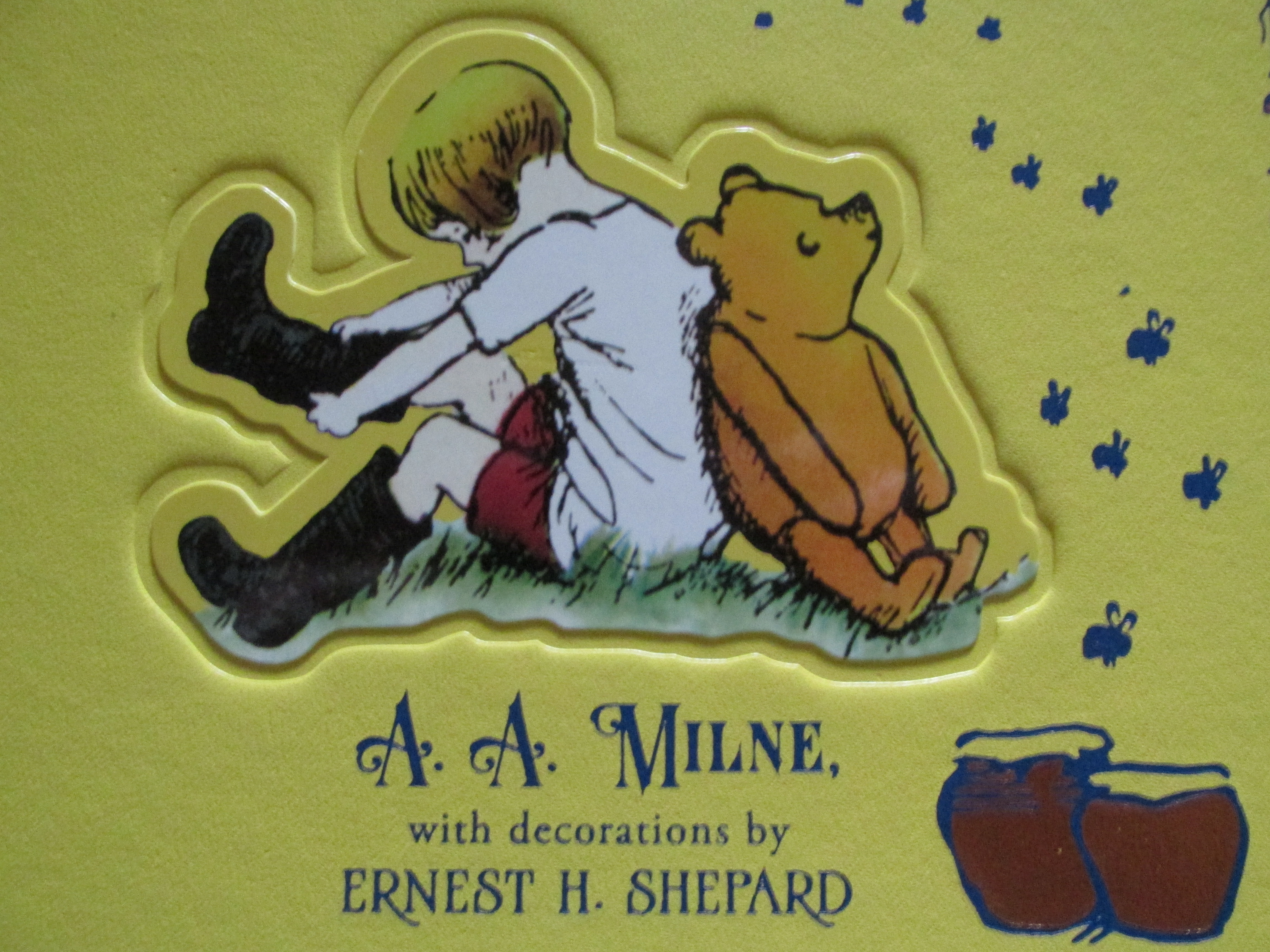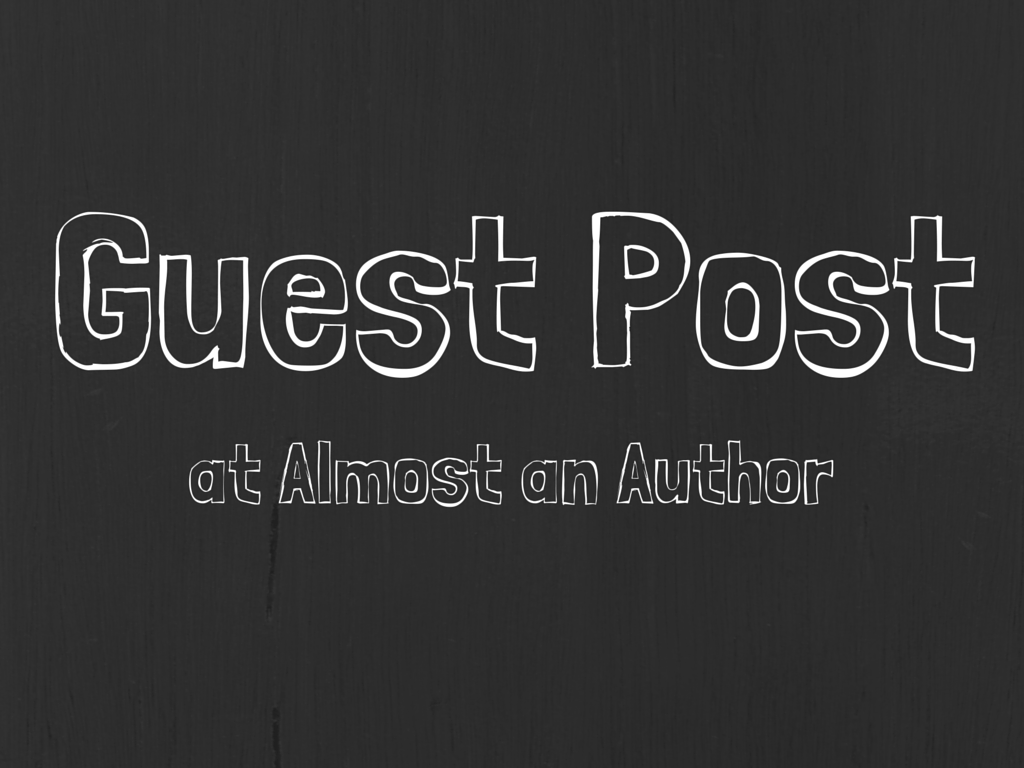
My Writing Journey
Sometimes You Need a Story
My life is divided into before and after. I’m in the after now. Eight years ago, this coming April,…
April 3, 2019
My life is divided into before and after. I’m in the after now. Eight years ago, this coming April,…
April 3, 2019
I loved books before I could read and scribbled thoughts before I could write. Throughout my childhood, crayons, pens,…
August 3, 2018
by Sandra Merville Hart I’ve always loved Winnie-the-Pooh. The honey-loving bear captured my heart instantly as a child. I…
May 20, 2016
How to Drive an Editor Crazy, Part 2 By Lori Hatcher I’m a magazine editor. Every day I receive…
January 18, 2016
Don’t say “I work with words.” Rather say, “I handle hazardous material so combustible it has destroyed careers…
July 27, 2015